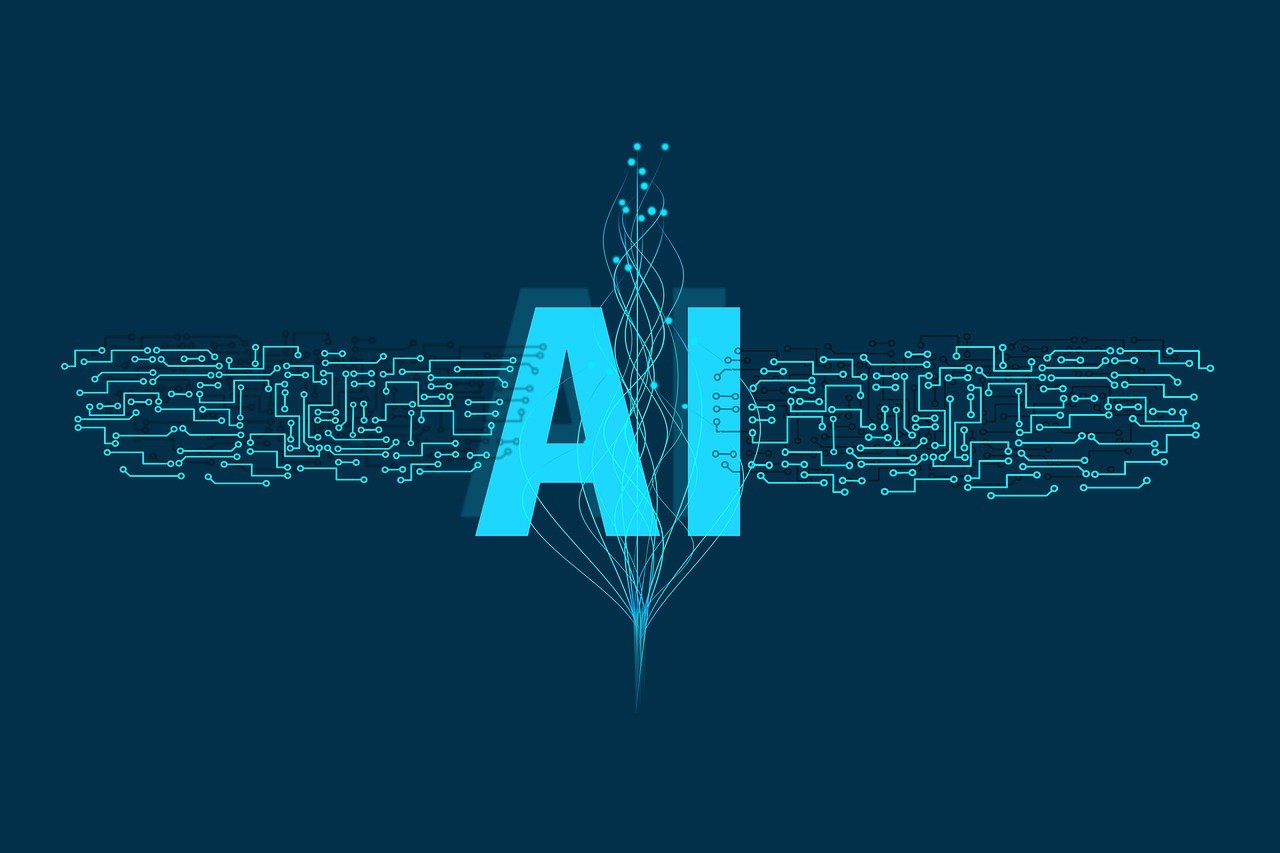Every day, people everywhere rely on the internet ecosystem for ever more services. No longer just a tool for simple information and communication, it can now be a forum for almost any kind of interaction or transaction.
Even today, and increasingly in the future, it will be the tool supporting systems from healthcare to banking; underpinning networks from transport to energy; essential infrastructure for businesses and governments alike.
Those developments are promising for our economy; offering a great boost to competitiveness and productivity. They are great for citizens, opening up a world of convenience and opportunity. And they are great for governments, giving them the 21st century tools to deliver more effective services for their citizens – at less cost.
But as the internet grows in importance, so grows the need to protect our networks and systems. The more we depend on ICT, the more we depend on it to be secure.
The areas you are looking at today are a case in point. Take smart grids. For example “smart electricity meters” can incorporate computing and communication ability. These technologies can inform and empower consumers, integrate small-scale renewable energy better to the grid, and better manage electricity supply. But, on the other hand, those features increase the risk and consequences of attack. With every household potentially a weak link, we would also make our system of power generation and distribution more vulnerable.
Equally, attacks on industrial control systems could prove devastating; and not just economically. We already know of viruses deliberately targeted to nuclear facilities.
Attacks on information networks can occur for a variety of reasons: whether the perpetrators seek financial gain, political activism, or merely attention.
But one thing is clear, these are growing in number and seriousness: the number of web-based attacks went up 36% between 2010 and 2011. The range of actors taking part in cyber-attacks is growing – including, sometimes, state actors. And the economic consequences of a major breakdown of Critical Information Infrastructure could amount to hundreds of billions of euros. Here to read more.


